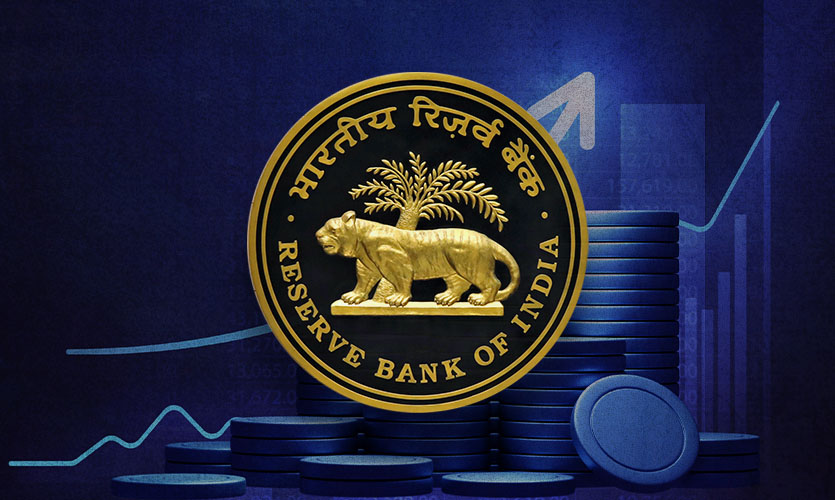A multi-agency group (MAG) consisting of officials from the Enforcement Directorate, the Reserve Bank of India and the Financial Intelligence Unit, held the first preliminary meeting on the Pandora Papers investigation last week. The MAG meeting was chaired by the Central Board of Direct Taxes chairman, J.B. Mohapatra.
According to ANI sources, “Only a few of the 380 Indian names and entities have appeared in the media so far. MAG will fast track its investigation once the rest of the names of Indian entities are released by ICIJ.”
The sources further revealed, “It was decided in the meeting that the MAG will seek information from countries concerned on Indian entities named in Pandora Papers through Automatic Exchange of Information (AEOI). Through AEIO tax authorities match the incomes earned or account held abroad, with that declared in their tax returns so as to detect instances, if any, of tax evasion.”
The International Consortium of Investigative Journalists (ICIJ), on October 3, 2021, released the “Pandora Papers” that comprised over 12 million documents, with over 600 journalists worldwide working to uncover a network of shell companies created for tax avoidance and, in some cases, money laundering purposes. Some high profile names from India include Anil Ambani, Vinod Adani, Jackie Shroff, Kiran Mazumdar-Shaw, Niira Radia, Sachin Tendulkar and Satish Sharma.
India has called upon the AEIO for receiving information on Indian entities who have invested their wealth in foreign countries for tax avoidance purposes. It has requested 96 countries including the British Virgin Islands and the Bahamas to provide information. The MAG also has access to a platform of Organisation for Economic Co-operation and Development (OECD) where, through Spontaneous Exchange Information, India can ask for information from the countries concerned.
Reportedly, “Tax authorities also have the provision of common reporting standard (CRS), where CRS requires financial institutions to identify the tax residency of all the customers, and in most cases report information on customers who are tax residents outside of the country/jurisdiction where they hold their accounts.”
The ICIJ leaked confidential information from 14 offshore services providers that are paid to incorporate shell companies, trusts, foundations and other entities in low or no-tax jurisdictions on behalf of the wealthy. These firms also provide the addresses and names of paid directors, thus, protecting the rich and powerful, and leaving no trail of who is ultimately behind the business.
The tax authority of India has also requested the special investigation team (SIT) on black money to keep close tabs on those mentioned in the Pandora Papers. The body has the power to invoke the harsh foreign black money law if required. According to income tax department sources, the SIT officials have also been asked to approach all foreign jurisdictions expeditiously for information on the accounts of those featured in the Pandora Papers.
Probes Across The World Begin
The attorney general of Ecuador, on October 21, announced a preliminary investigation into President Guillermo Lasso over tax fraud after he was implicated in the ICIJ findings. Opposition leader and former presidential candidate, Yaku Perez, called for a probe into Lasso’s finances and tax contributions to offshore companies owned by the president.
Ecuador had passed a law in 2017 that banned elected officials and candidates from holding investments in tax havens. The National Assembly of Ecuador has also begun probes into the companies mentioned in the Pandora Papers leak. Lasso was summoned by a legislative commission on Wednesday to present explanations but he excused himself from attending, also refusing to attend a similar summon on Friday. Lasso has denied the accusations, describing them as “some old and out-of-context information”. He further added that he dropped the mentioned companies in 2017 when he was re-elected as president.
Read more: Tax Havens: How The Powerful Hide Their Money
Earlier last week in Chile, the opposition launched impeachment proceedings against President Sebastián Piñera after the Pandora Papers revealed irregularities in the sale of a mining company. Piñera, nine months after assuming office in 2010, allegedly sold the Dominga mine, a copper and iron project in an environmentally sensitive area, to a childhood friend and business partner, Carlos Alberto Délano. The papers further revealed that the last payment contained a clause requiring the government not to establish environmental protections in the proposed area for the mine in northern Chile.
Piñera has rejected the accusations and insisted that there were no such irregularities. The Chilean president’s fortune amounts to $2.5 billion according to Forbes magazine.
The papers also brought out dealings of Czech Prime Minister Andrej Babiš. The investigation alleged that he failed to declare an offshore investment company used to purchase two villas for £12 million in the south of France. The billionaire prime minister denied all wrongdoing and accused the report of trying to influence the elections. Despite public polls before the vote favouring his party to win the election, the prime minister’s centrist party narrowly lost the parliamentary election on October 9.










